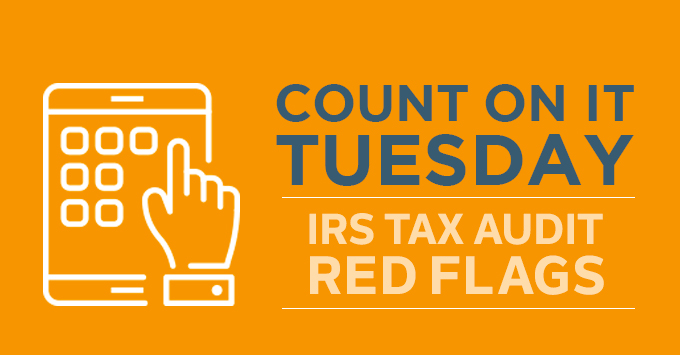
Last Minute Tax Tips For Small Business Owners
You don’t have to pay more than the tax law requires. But, as Albert Einstein said, “the hardest thing to understand in the world is the income tax.” Finding ways to minimize your small business taxes legitimately and avoiding pitfalls are important activities that can have great returns: lower taxes.
And as a small business owner, it’s vital to save whatever money you can, wherever practical. Before you file your taxes, take a step back and make sure you have all the deductions you’re entitled to. Here are some good ways to do this.
Home Office Deduction
If you use a portion of your home for business, you might be eligible for a home office deduction. Before you file your taxes, add up the space you use for your business, and consider claiming the home office tax deduction. As long as the area you want to claim is reserved exclusively for business activities, it should qualify.
Startup Expenses
Are you just starting your small business? You might not realize you can deduct some of the costs related to your business—up to $10,000, as long as your total startup costs are $50,000 or less. This deduction includes organization costs, and it’s a last-minute tax deduction you don’t want to miss.
Health Insurance
The amount you pay in health insurance is tax-deductible if you no longer have access to a plan subsidized by your employer or your spouse’s employer. If you set up health insurance independently because of your small business, the premiums you pay for you, your spouse and your dependents are deductible. You can also include your dental and long-term care premiums in this calculation.
IRA Contribution
If you no longer have access to an employer-sponsored plan, such as your 401(k), you still need to prepare for retirement. One of the truly last-minute tax deductions you can claim as a small business owner is your Traditional IRA contribution. If you’re looking for a last-minute deduction, make a contribution good for the preceding tax year, and reduce its taxable income up until Tax Day.
A Traditional IRA is just one way to fund your retirement. If you’ve set up a SIMPLE IRA or SEP IRA, you also have the ability to make a previous-year contribution up until Tax Day. If you decide to take this option, you need to clearly state your intention for a previous-year contribution when sending the money. Otherwise, your account holder and the IRS won’t know which year you made your qualifying contribution.
HSA Contribution
Many small business owners find that it makes sense to choose a high-deductible healthcare plan to reduce their health insurance costs. To get more out of such a plan, a Health Savings Account (HSA) can help. Contributions are tax-deductible, and your money grows tax-free as long as you use it for qualified expenses. As with an IRA, you can make a previous-year contribution up until Tax Day.
If you find that one more deduction can make a difference in your taxes, and you are eligible to make a contribution to your HSA, now might be a good time to move forward.
Don’t assume you’ve claimed everything available to your small business. You might still have business deduction opportunities, and you don’t want to miss out on them. Consider talking to a tax advisor who may be able to help you find deductions unique to your business.
If you’re looking for more tax guidance, contact Crowley Accounting and Consulting services today and we’ll walk you through all of your business options.



